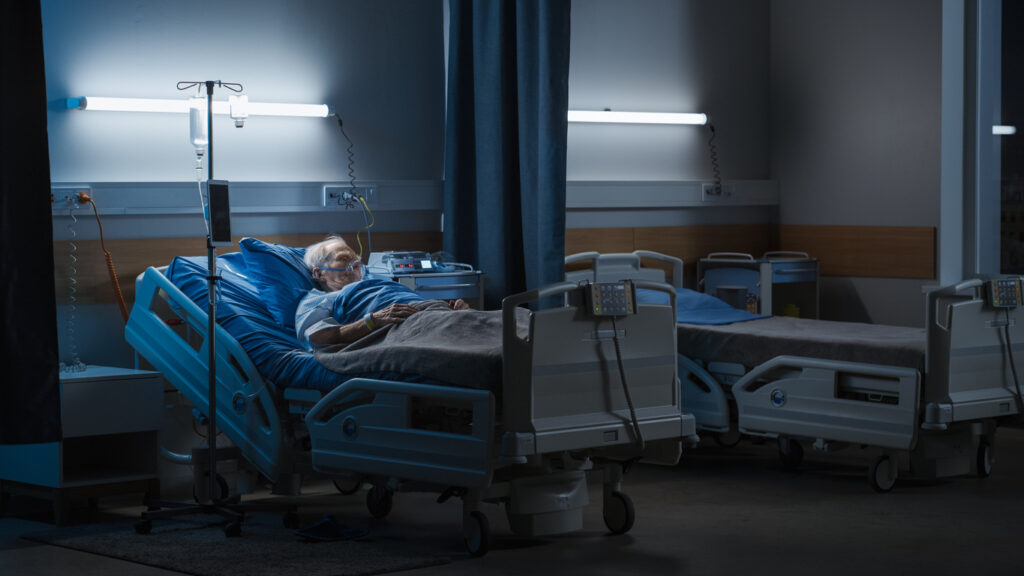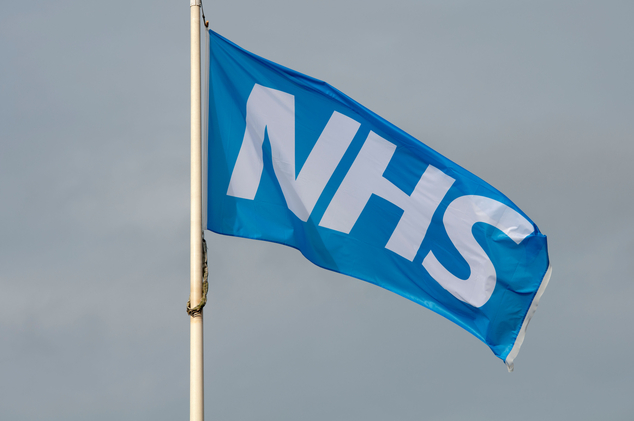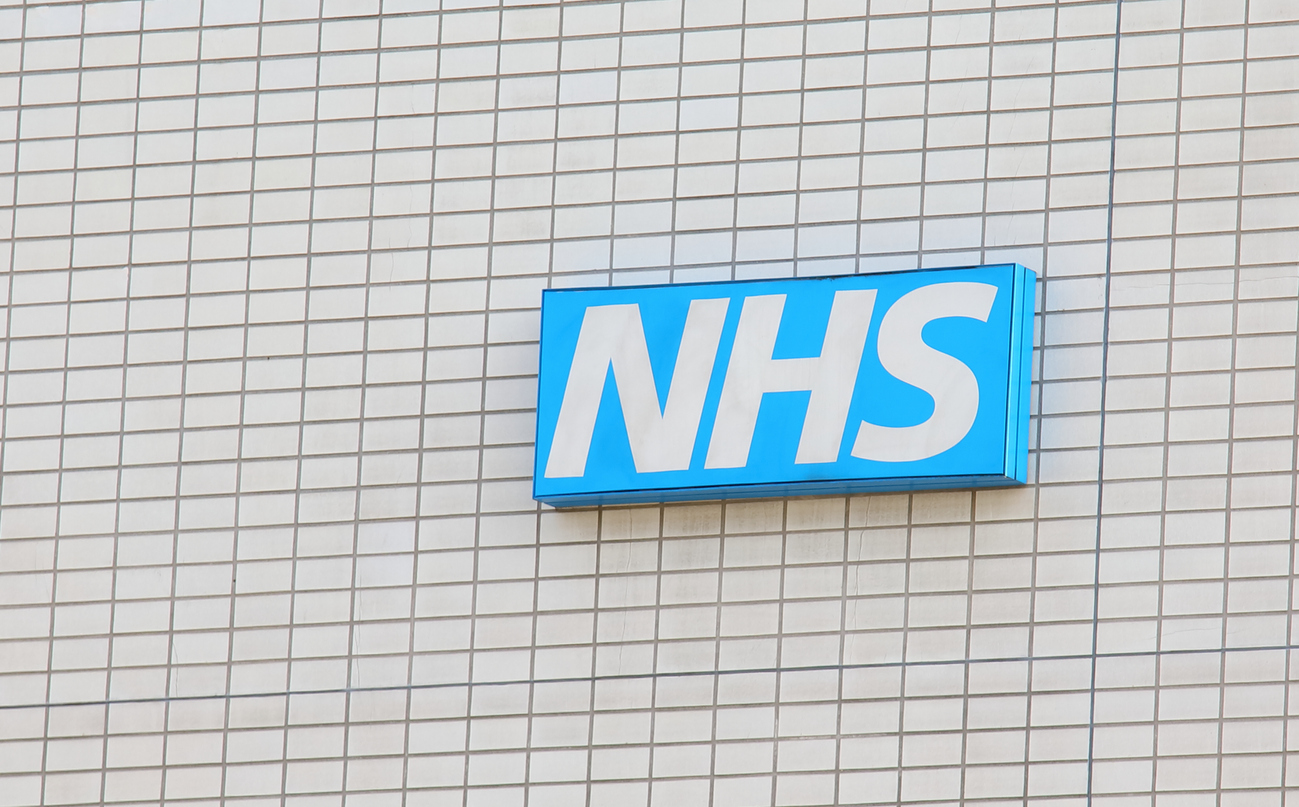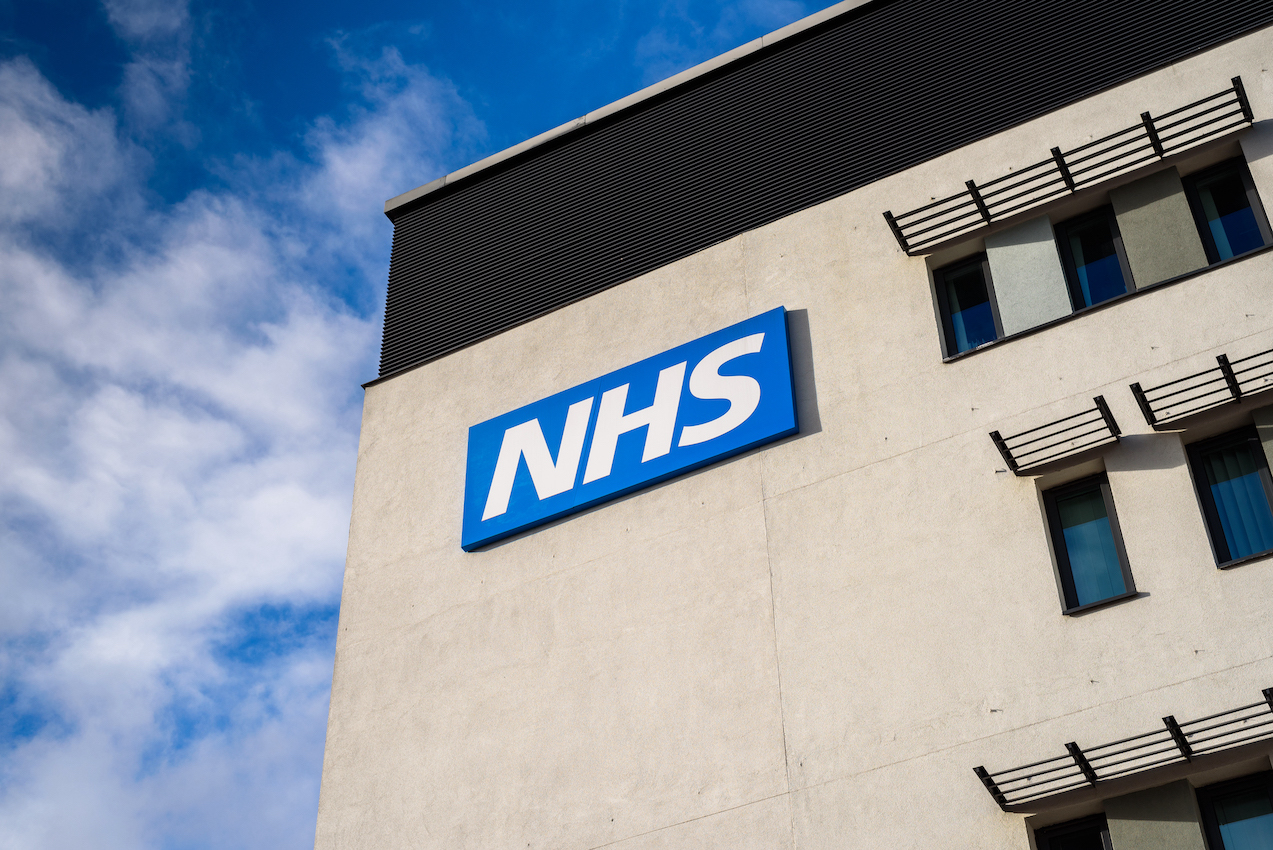When was the NHS founded?
The NHS was officially founded on 5th July 1948.
Prior to the launch of the NHS in 1948, healthcare in Britain was of a very poor standard. Working men on low wages were able to see a ‘panel doctor’ in return for a compulsory four pence per week National Insurance contribution. However, women and children had to pay in order to obtain medical care and many could not afford to do so.
Infant mortality rates were high; almost four out of every 100 babies were either stillborn or died within the first week of birth and three in every 100 babies died before they were one year old. Diphtheria was common among children affecting 50,000 a year.
There were no antibiotics and infectious diseases such as tuberculosis, polio, pneumonia, meningitis and rheumatic fever killed thousands of people each year.


Hospitals also charged fees for treatment, although some care was subsidised by the voluntary and charity sectors while some consultants, who depended on private patients for their income, gave their services free of charge to the poor.
The idea for a National Health Service was mooted in the 1942 Beveridge report on ‘Social Insurance and Allied Services.’ Sir William Beveridge, the distinguished economist and social reformer, proposed that all working people should pay a weekly contribution to the State. This would be used to provide social insurance for everyone in Britain ‘from cradle to grave’ and would cover such things as unemployment, retirement – and healthcare.
When Labour returned to power in 1945, in the aftermath of the Second World War, Prime Minister Clement Attlee appointed Aneurin Bevan as health minister and it was he who, in 1946, steered legislation through the Commons for the National Health Service.
Two years later on 5th July, 1948, the NHS officially came into being. Nye Bevan chose Park Hospital in Trafford, Manchester to launch the new service, where he was photographed shaking hands with the first ever NHS patient, 13 year old Sylvia Beckingham.
This revolutionary healthcare provision, said to be the envy of the world, was based on three core principles:
That it meet the needs of everyone
That it be free at the point of delivery
That it be based on clinical need, not ability to pay
Fourteen Regional Hospital Boards (RHBs) were established to administer services which were divided into three sections: hospitals; family doctors, dentists, opticians and pharmacists; and local community health services.
The RHBs were replaced in 1974 with Regional Health Authorities and in the same year the Ambulance Service became part of the NHS, having previously been controlled by local authority health departments. New principles were also added to the three core principles in July 2000 as part of a modernisation programme.
In the six decades since the NHS was launched, the services and treatments provided have expanded hugely. From penicillin to beta blockers, increasingly sophisticated drug treatments have been developed; hip and knee replacements and cataract operations are now commonplace and mental healthcare has improved markedly, as has treatment for cancer.
Fertility treatment, organ transplants, gene therapy all come under the NHS umbrella and research continues into finding ever better cures and treatments – reflecting the oft-quoted comment of Nye Bevan back in 1948: “This service must always be changing, growing and improving; it must always appear to be inadequate.”
How is the NHS structured today?
The National Health Service is the UK’s publicly funded healthcare system. Founded on the principle that good healthcare should be available equally to rich and poor alike, the NHS provides treatment ‘free at the point of use’ for all UK residents.
Although funded centrally from taxation, the devolved administrations of Scotland, Wales and Northern Ireland are responsible for managing their own NHS services.
The NHS in England, by far the largest of the four, is run by the Department of Health headed by the Health Secretary. There are also ten Strategic Health Authorities (SHAs) which are responsible for managing and developing NHS care within their local area.
NHS treatment is divided into two main sections: primary care and secondary care.
Primary care includes services provided by GPs, pharmacists, dentists, opticians, and the NHS 111 24 hour telephone advice line. All of these services are currently managed by Primary Care Trusts (PCTs) which play a major role in commissioning secondary care and providing community care services. PCTs control 80% of the NHS budget.
Secondary care, or ‘acute healthcare’, refers to such things as emergency treatment, specialist medical care, or surgery. NHS Trusts come under the secondary care section. These include Acute Trusts which manage hospitals and employ a large proportion of the NHS workforce, both medical and non-medical; Ambulance Trusts which manage the 12 ambulance services in England; and Foundation Trusts which are NHS hospitals and other NHS services run by local staff and communities as not-for-profit public benefit corporations. In addition there are Mental Health Trusts and Care Trusts both of which provide health and social care services.
The National Institute for Health and Clinical Excellence (NICE) is also controlled by the NHS. NICE provides clinical guidelines, makes recommendations on new and existing treatments, and sets quality standards for healthcare.
NHS Statistics
“Funding for health services in England comes from the Department for Health and Social Care’s budget. Planned spending for the Department of Health and Social Care in England was £201.7 billion in 2020/21, up from £148.8 billion in 2019/20. This includes more than £50 billion of extra funding for the Department of Health and Social Care 2020/21 response to the Covid-19 pandemic, which included procuring personal protective equipment for staff, developing the Test and Trace programme, extending use of the independent sector to undertake planned treatment, and improving the discharge process for hospital patients”. [Source – Kings Fund]
As of October 2019, the NHS employed 1,121,752 people. Some 117,149 of these were doctors, 318,969 were qualified scientific, therapeutic & technical staff, 16,513 were ambulance staff, 341,193 were clinical support staff, and 180,236 worked to support the NHS infrastructure. [Source – NHS Digital]
In 2019, an average of 70,231 people attended accident and emergency departments (A&E) each day in England [Source – NHS]
In 2019, an average of 13,448 people were admitted to hospital via A&E each day
At present, there are around 1.5-1.6 million first outpatient attendances each month, along with 1.1 million GP referrals made. On average there are 1.3 million completed treatment ‘pathways’ for each month – around 60,000 per working day. Of these, around 0.3 million involve admission to hospital.
Between July and September 2019, there were 140,181 hospital beds in the NHS, with an average occupancy of 87.7%.
Quotes
“Illness is neither an indulgence for which people have to pay, nor an offence for which they should be penalised, but a misfortune the cost of which should be shared by the community.” – Aneurin Bevan
“We will win because our NHS is the beating heart of this country. It is the best of this country. It is unconquerable. It is powered by love”. – Boris Johnson, 2020, in the midst of the coronavirus crisis.
“If the same energy and innovation that went into reducing waiting times and hospital infections could be put into prevention and chronic care, the NHS could become truly world class. This will not be easy and it is vital that politicians engage in an honest dialogue with the public about the changes needed.”- Professor Chris Ham, The King’s Fund Chief Executive – 2010
“Patients and healthcare workers alike do not want to resist all change. But how do we tell when a change oversteps the mark and becomes a threat to the NHS values that we want to preserve?
“We think the answer is to set out the principles that make the NHS what it is – the enduring values that we want to see upheld. Then we intend to keep an eagle eye on the Government to spot when those principles are in danger.” – UNISON ‘vision for the future of the NHS’
“I believe passionately in the NHS. It is our most precious national asset. And it is precisely for this reason that we want to safeguard the NHS for future generations.” – Prime Minister David Cameron – April 2011

























